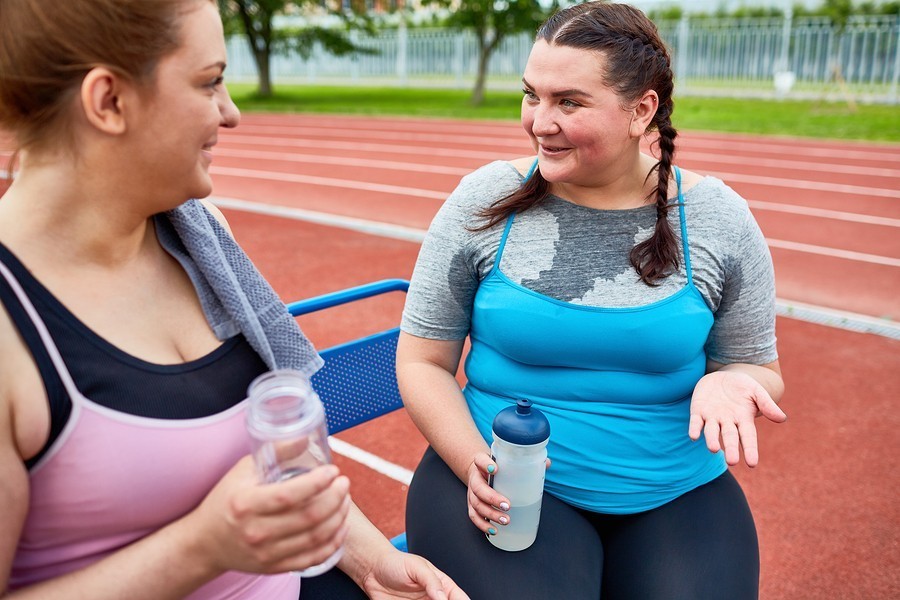Recently, AICR/WCRF released its report Diet, nutrition, and physical activity: Energy balance and body fatness, on lifestyle factors most strongly linked to weight gain, overweight, and obesity. This is important for cancer prevention, because overweight and obesity increase risk for at least 12 types of cancer. Key findings from the new report show physical activity, certain foods and beverages, and dietary patterns play an important role in energy balance and body weight management.
The same rigorous approach used in producing the AICR/WCRF Continuous Update Project (CUP) reports was used in compiling this report: the systematic reviews, meta-analyses and expert panel evaluations ensure the quality and trustworthiness of the evidence-based findings. These findings can help dietitians, doctors and health educators work with patients to explore specific behaviors that decrease or increase risk of weight gain. Encouraging clients to identify realistic and specific steps to avoid or stop weight gain can be empowering. Yet, there are challenges for clinicians in discussing weight, including obesity stigma, anti-fat bias, unrealistic weight loss goals and the difficulty of weight loss for many people.

In my 15 plus years working with people who struggled with weight concerns, disordered eating and eating disorders, I heard clients’ pain when they equated their worth with the numbers on the scale. I saw the dangers of dieting, when repeated over and over, or when seen as a one-time, quick fix. Many could not see or accept the benefits of working toward balanced, long-term habits and a healthy relationship with food. And, even for those who would lose weight, that weight loss did not automatically remedy the low self-esteem and lack of self-worth many people experience after years of shame and discrimination.
Unfortunately, practitioners can unwittingly contribute to these problems by emphasizing the need to lose weight for better health without offering support or guidance. Even with the best evidence-based information on determinants of weight, such as from AICR’s new report, conversations about weight require sensitivity, knowledge of the effects of weight stigma and a willingness to listen and work as partners.
Finding the right balance when discussing weight with patients and clients is the art health professionals should strive to bring to their work. Practitioners must use evidence-based clinical approaches and recommendations, yet work with clients to achieve the goals most valued and important to them. This is best done at a pace that is comfortable, achievable and supportive of permanent change. In my experience, focusing on direct benefits to the client and outcomes important to them – achieving more energy through activity, enjoying experiences with food, or improving health, for example – is one positive way to start. These goals, rather than weight loss, can help individuals feel in control and empowered without judgement.
Offering people positive practical steps is what AICR’s recommendations for cancer prevention are all about. These recommendations can be used in many settings to begin conversations, whether about health, weight or cancer risk reduction. Here are five ideas to guide healthcare practitioners’ conversations about weight and health.
- Work as a team. Together, set goals for behavior change with an achievable end point rather than focusing on weight change.
- Focus on improved health, not weight. Steps that help reduce risk of weight gain also promote improved overall health and reduced risk of many chronic diseases. For example, simply boosting activity can help improve blood pressure.
- Choose one goal at a time. Six of AICR’s 10 recommendations for cancer prevention offer behavior changes that are realistic and achievable, one at a time.
- Motivate along the way without judgement. Acknowledge and celebrate every step and learning experience with the client.
- Use positive language. Consider your thoughts, attitudes and words used with clients. Building self-esteem, feelings of worth and positive self-talk will help motivate change. Weight shaming will not.





